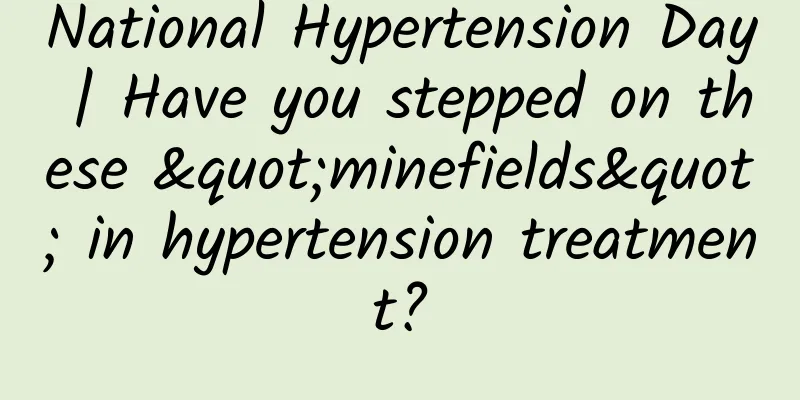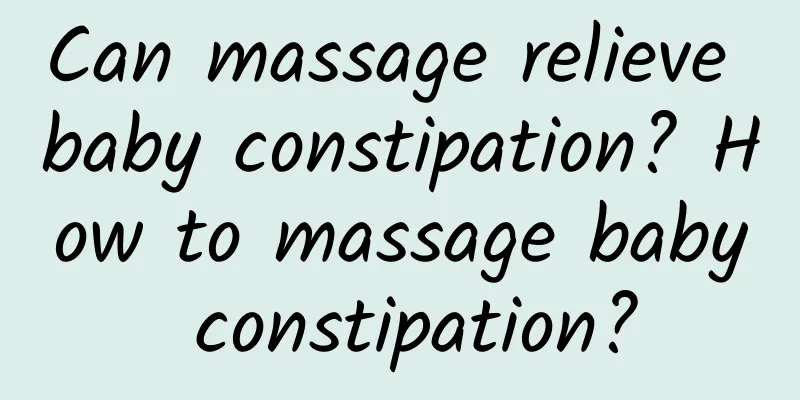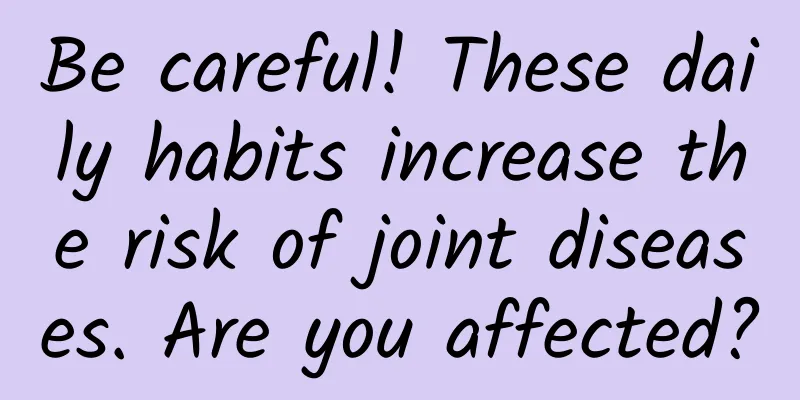National Hypertension Day | Have you stepped on these "minefields" in hypertension treatment?

|
Hypertension is not unfamiliar to us, because its incidence is too high. We say that hypertension has three highs: high incidence, high disability rate, and high mortality rate. What is more terrible than these three highs is that hypertension also has three lows. The three lows are: low awareness rate, low treatment rate, and low control rate. High blood pressure has become the primary risk factor for cardiovascular and cerebrovascular diseases, seriously affecting the health of the general public. Controlling hypertension is not only the responsibility of the medical and health field, but also the common responsibility of all sectors of society. October 8, 2024 is the 27th National Hypertension Day. The theme is "Healthy Weight, Ideal Blood Pressure", reminding everyone to manage their blood pressure well. However, there are many misunderstandings in the management of hypertension, which seriously interfere with the standardized treatment of hypertension. Have you stepped on the following "minefields" in the management of hypertension? 1 If you don't have any symptoms, you won't take medicine, fearing the side effects of the medicine. Among patients with hypertension, a considerable number of people have no symptoms, but the absence of symptoms does not mean that there is no harm. The reason why hypertension is called a "silent killer" is because its harm often comes silently. Although some patients do not have symptoms of headaches and dizziness and feel good about themselves, in fact, multiple organs in the body are slowly and secretly damaged. Therefore, as long as blood pressure rises, regardless of whether there are symptoms or not, it has already begun to damage target organs such as the heart, brain, and kidneys. Therefore, blood pressure cannot be lowered by feeling, and medication should be used regardless of whether there are symptoms or not. Symptoms cannot reflect the level of blood pressure, and blood pressure monitoring is the gold standard for guiding antihypertensive treatment. Therefore, blood pressure should be monitored in a timely manner and lowered scientifically. Any medicine has side effects, including antihypertensive drugs. However, the side effects of antihypertensive drugs are far less than those of hypertension itself, and their damage to the body is minimal compared to the harm of hypertension. Long-term use of antihypertensive drugs can also protect the kidneys, because long-term non-use of antihypertensive drugs can lead to kidney damage, early microproteinuria, later large amounts of proteinuria, chronic renal insufficiency, and finally uremia. Therefore, it is hypertension, not antihypertensive drugs, that damages the kidneys. 2 In the early stage, I was reluctant to take it because I was afraid that antihypertensive drugs would cause "addiction and dependence". Fear that "once you take the medicine, you will have to rely on it for life" and therefore refuse to take the medicine early The harm of high blood pressure is a long-term, silent process. It gradually damages important organs such as the heart, brain, and kidneys by continuously damaging large, medium, and small blood vessels throughout the body. The sooner blood pressure is controlled at an appropriate level, the better it can protect blood vessels and prevent dysfunction of important organs such as the heart, brain, and kidneys. Once high blood pressure is diagnosed, it is important to control blood pressure as soon as possible so that the cardiovascular and cerebrovascular systems can be better protected. The earlier the treatment, the greater the benefit, and the greater the degree of damage to important organs such as the heart, brain, and kidneys caused by high blood pressure can be minimized. Antihypertensive drugs are not addictive and dependent like sedatives and hypnotics. The reason why blood pressure drops when you take antihypertensive drugs and rises when you stop taking them is because hypertension is a chronic disease and treatment is often lifelong. It is not that the drugs are addictive and need to be taken for a long time, but that hypertension is "dependent". However, many patients avoid the reality of having a chronic disease and blame the antihypertensive drugs, believing that antihypertensive drugs are addictive and that they will regret it if they do not take the drugs as soon as possible and complications occur. 3 Fear of drug resistance, constantly changing antihypertensive drugs Antihypertensive drugs are not antibiotics and will not cause drug resistance. Antibiotics act on living bacteria, which evade antibiotics by mutation and self-transformation. Since bacteria have the ability to resist drugs, high-level antibiotics cannot be the first choice for antibiotic treatment of infection, because once drug resistance occurs, there will be no drugs available. Antihypertensive drugs act on receptors, which will not mutate or transform themselves, so there will be no situation similar to antibiotic resistance, so long-term use will not be tolerated. Some patients with hypertension feel that the effect of antihypertensive drugs is not as good as before after taking them for a period of time, and they think that they are drug resistant. We say that antihypertensive drugs generally do not produce drug resistance. The reason for the reduction in drug efficacy is often due to changes in one's own condition (such as weight gain, mood swings, age, etc.), or cold weather, or improper use and dosage of drugs, rather than drug resistance. In this case, it is necessary to adjust the dosage or change the drug under the guidance of a professional physician. During the period of medication for hypertension, if blood pressure is stably controlled and there are no obvious side effects, it is not recommended to change medications regularly or frequently to avoid unnecessary blood pressure fluctuations. 4 After your blood pressure drops, you stop taking the medicine at will or take it every other day and cannot stick to it for a long time? Hypertension is different from diseases such as pneumonia and gastric ulcers, which can be cured by taking medication for a period of time. In addition to adjusting lifestyle, medication is still the most important measure for the treatment of hypertension. Hypertension cannot be completely cured and can only be treated with medication for life. Normal blood pressure after taking the medicine is the result of the effect of the medicine, not that hypertension has been "cured". Once the medicine is stopped, the blood pressure will rise again. Antihypertensive drugs cannot be taken or stopped whenever you want. You must insist on taking the medicine on time and adjust the medication in time under the guidance of a doctor. Some patients take medicine when their blood pressure is high and stop taking it when it drops. This medication pattern will cause blood pressure to fluctuate. The probability of complications such as myocardial infarction and stroke will be greatly increased. Good blood pressure control depends on the concentration of antihypertensive drugs in the body to reach a stable state. If you stop taking the drugs without authorization, the balance of drug concentration will be broken and blood pressure will easily get out of control. Therefore, you must not think that you can stop taking drugs if your blood pressure is normal. Intermittent medication can easily cause blood pressure fluctuations, which will cause more serious damage to organs such as the heart, brain, and kidneys. The dosage or medication regimen of antihypertensive drug treatment can also be adjusted, but the prerequisite is that it has been systematically evaluated by a doctor and the dosage has been reduced or the medication has been stopped according to guidance. There is another situation in which the medication can be stopped. Hypertension is divided into two major categories: primary and secondary. The cause of primary hypertension is unknown and there is currently no cure; the cause of secondary hypertension is clear, and it is often caused by certain specific diseases (such as pheochromocytoma, hyperthyroidism, etc.). By treating the primary disease, hypertension can be completely cured and the medication can be stopped. 5 Believe that health supplements can lower blood pressure, reduce or stop taking antihypertensive drugs For essential hypertension, there is currently no health care product or physical therapy device that can effectively lower blood pressure or even "cure" it. We do not oppose the use of health care products and physical therapy as an auxiliary means on the basis of regular treatment, but they cannot replace regular drug treatment. The antihypertensive effect of health care products has not been scientifically clinically certified. Using such health care products to lower blood pressure, even if they are harmless, will delay the treatment of hypertension and lead to the occurrence of complications of hypertension. 6 Relying only on antihypertensive drugs without paying attention to lifestyle changes The cause of hypertension is not yet clear, but according to existing research, hypertension is related to genetics, gender, age, bad living habits, unreasonable dietary structure, such as excessive daily salt intake, heavy drinking, excessive intake of high-cholesterol foods, smoking, overweight and obesity, excessive drinking, irregular work and rest, lack of physical exercise, long-term mental stress, and large mood swings. Some things cannot be changed, but some can be changed. Blood pressure can be lowered by changing your lifestyle. We advocate six steps to a healthy lifestyle for high blood pressure: limit salt intake, lose weight, exercise more, quit smoking, quit drinking, and keep a calm mind. Preventing high blood pressure starts every day. We are the first person responsible for our own high blood pressure. Only by strengthening self-management can we scientifically manage blood pressure, maintain ideal high blood pressure, and protect our healthy life! Author: Liu Hui, Chief Physician, Anyang District Hospital, Henan Province, Vice Chairman of the Cardiovascular Disease Prevention and Rehabilitation Committee of the Chinese Rehabilitation Medicine Association |
>>: Vibrio vulnificus - the "silent killer" in seafood products
Recommend
What should I do if my eyes are “dry”?
Award-winning works (article category) of the Hea...
How long does it take to get pregnant after hysterosalpingography?
The fallopian tubes are particularly important fo...
I have had chest pain for ten days and I haven't had my period.
Menstruation is a normal physiological need of wo...
"Coming from South to North" What kind of eye disease is the "uveitis" that Old Wu suffers from?
Recently, the TV series "South to North"...
Is it good to study part-time while working? What can you learn while studying for a master's degree?
Many people want to continue their studies after ...
Menstruation suddenly stopped during breastfeeding
During the breastfeeding period, the mother's...
Does eating durian increase milk production during breastfeeding?
You must pay attention to your diet during breast...
Which birth control ring is best?
Many women choose to use contraceptive rings as a...
Where is the pain picture of dysmenorrhea
When a woman's secondary sexual characteristi...
Is it OK to have sex one week after an abortion?
Nowadays, many young couples do not have children...
Ear piercing causes intracranial infection. Can a small ear piercing cause such a big harm?
Ear piercing has been a common thing since ancien...
7 major harms of lipstick to women
We all say that a person's appearance determi...
Treatment for dark red vaginal discharge
Many times, because the human body is different a...
Pregnancy ultrasound right ovarian cyst
The female body has two uteruses and ovaries, loc...
What should pregnant women eat in the morning?
A woman's dietary requirements will become pa...









